John Curry
GOLD MEDAL GRADUATE
From the Graduate Review, July 1976
The winner of the Olympic Gold Medal in Men’s Figure Skating, and the Men’s World Figure Skating Championship, is an est graduate.
Lyn Malone, a media sports photographer, and member of the est Guest Seminar Leaders’ Program, invited John to lunch one day and in a letter to Werner Erhard, Lyn wrote:
John Curry is an artist years ahead of his time in the arcane and elegant sport of figure skating. For the past four years, he had never won a continental event in the sport he dominates. He was superlative, and not winning.
Being with John that afternoon, I shared from the deepest level I know. I was very clear that if John took est and did not win in Europe, he would at least, and at last, know that he did not want that path. I was also clear that if John indeed wanted to win – the training would get him in touch with what was in the way. He graduated from the training three weeks after that lunch.
On February 11th John Curry won the Olympic Gold Medal in Men’s Figure Skating, the first Gold Medal won by Britain in 12 years. Three weeks later, he won the Men’s World Figure Skating Championship. After winning the Gold Medal, John talked to est staff member John Poppy about his experience:
Quite honestly, I can say that from the day I signed up for est and from the first time I did it, my skating just changed. I suddenly realized that it was me who is doing the skating. I was the one in control. I was doing it, and it wasn’t other things that could make me fall over, or make things go wrong.
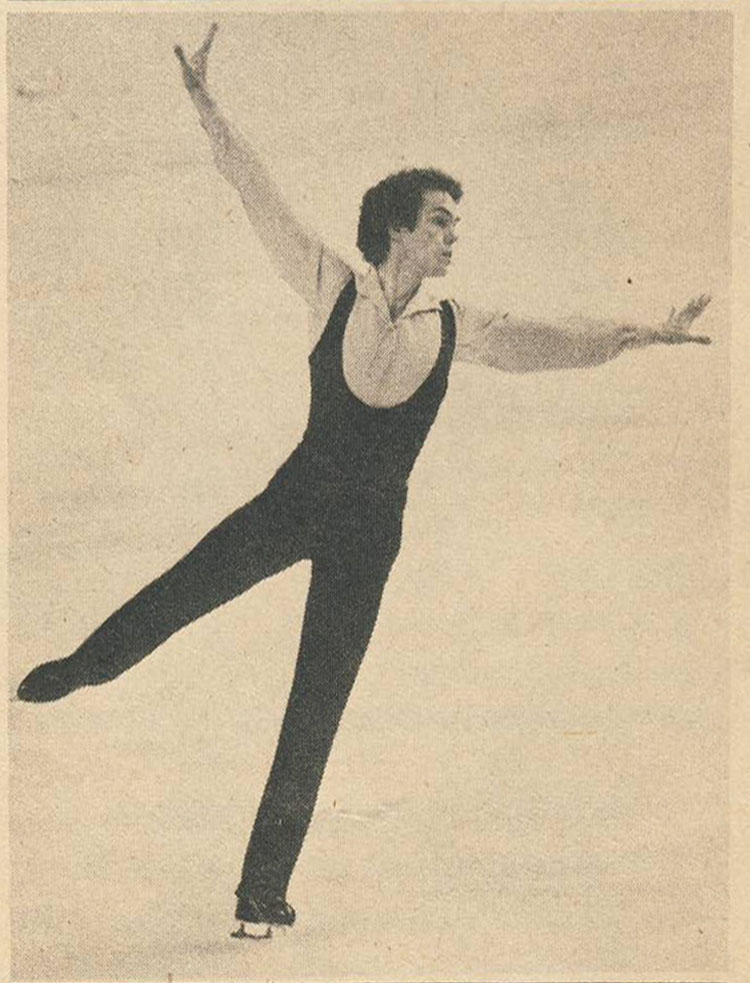
Bernard Roth
Dr. Bernard Roth, Rodney H. Adams Professor in the School of Engineering, is the Academic Director, and one of the founders, of the Hasso Plattner Institute of Design (the d.school) at Stanford University. In his book, “The Achievement Habit: Stop Wishing, Start Doing, and Take Command of Your Life,” he writes, “In the 1970s I participated in a two-weekend workshop known as Erhard Seminar Training (usually abbreviated in lowercase as est).
"On the second day the group was led through an exercise called the Truth Process. I found, to my surprise, that the exercise completely eliminated an annoying habit of speech that I had picked up years earlier. I was naturally impressed and I incorporated the exercise into my teaching. The results have been very favorable. It is a good tool for getting rid of aspects of your self-image that stand in the way of developing your achievement habit.”
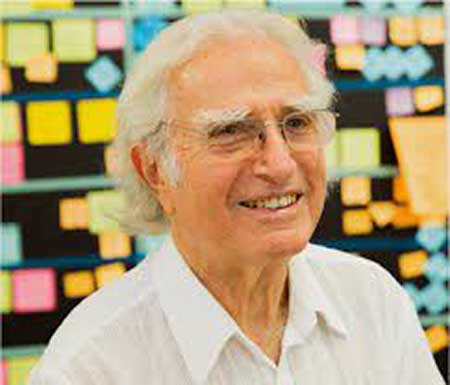
Warren Bennis
Warren G. Bennis, Founding Chairman, University of Southern California Leadership Institute and Distinguished Professor, Marshall School of Business, organizational consultant and author is widely regarded as a pioneer of the contemporary field of Leadership studies. His work at MIT in the 1960s on group behavior helped bring about less hierarchical and more democratic and adaptive institutions. In this video Warren Bennis examines the ideas that underlie Werner Erhard’s est training.
Joanne Woodward
“It’s been a year in which, as my children put it, ‘Mom’s finally got her act together.” Her close friend, Cloris Leachman — persuaded her to take part in est self-awareness training. Since that experience, “I’ve been looking squarely at myself — and dealing with attitudes I used to keep buried.” I thought everyone had life’s answers but me. I used to transform myself into 16 different characters in order to cope with various situations. And I never really saw people — except through my muddled preconceptions — until these past months when I finally took the top off my head and forced myself to see things clearly for the first time.” Joanne Woodward interviewed in “The Salt Lake Tribune”, August 15, 1976, Article title: “Now Joanne Woodward Looks At Life Squarely”
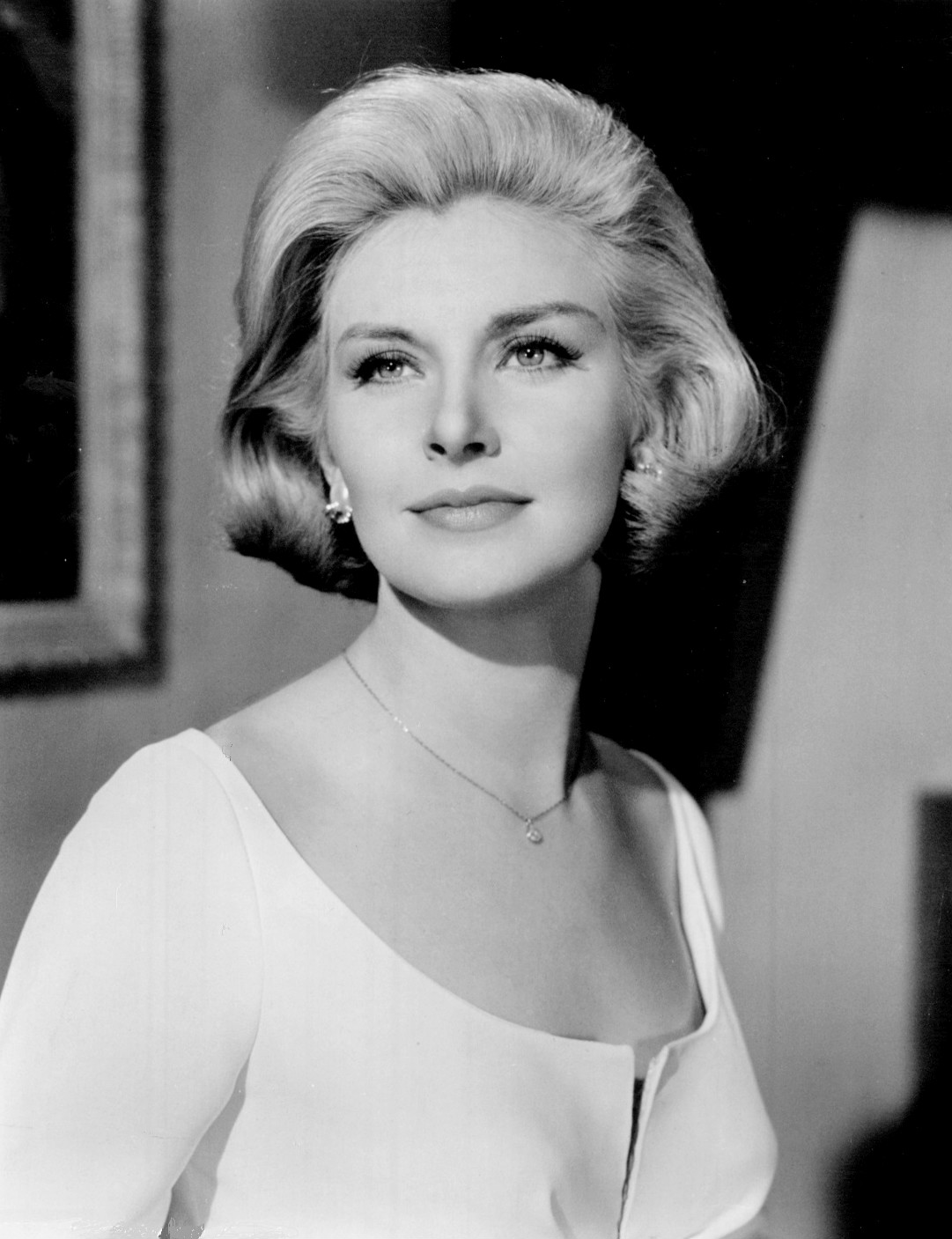
Lynne Twist
"Everybody has milestones and epiphanies. Mine came in the EST training which I took in 1974 with Werner Erhard. It just revolutionized my life. I really came to understand that I could turn my life over to making a difference. That experience led me to be in the right place at the right time when The Hunger Project was born. I heard Werner Erhard say for the first time at a big meeting that he was taking a stand to end world hunger. My whole body started to shake, and I knew that that was why I was born, that that was what I came here to do. It was impractical because I was a very busy young mother, but it was a calling so remarkable that I could not deny it, and so I went with it. That’s what the EST training did for me…What was almost a split personality, between my spiritual path and my more public path, became one. I became fearless about living authentically after the EST training. Then The Hunger Project gave me the platform to express it."
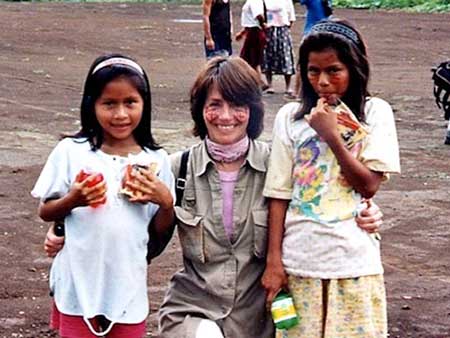
John Denver
“Before est came into the picture, I was already searching for expressions of myself, beyond music, but it was est that gave me confidence to follow through.” John Denver first became involved with est in 1973 when he was 30 years old. Many of his lyrics are tributes to the ideas and awareness he gained through his experiences of himself through est. Denver, along with Werner Erhard and Buckminster Fuller, was one of the founding members of the Hunger Project, an organization dedicated to eliminating world hunger. John Denver said of Werner Erhard, “Werner Erhard epitomizes for me what it is to be a human being. It is through my experience of him that I have most completely come to know myself.”
“The training is two weekends. It was quite an incredible experience in my life. I’ll forever be grateful for the experience. I got a great deal out of it. We really want to know who we are and there are things going on and we learn more about ourselves all the time, to really learn what it is that makes us tick and how we are discovering ourselves.” (Smith, Christine, A Mountain in the Wind, An Exploration of the Spirituality of John Denver Findhorn Press, Canada, 2001, p.4) est became hugely successful; singers, film stars, and hundreds of thousands of ordinary Americans underwent the training in the 1970’s.
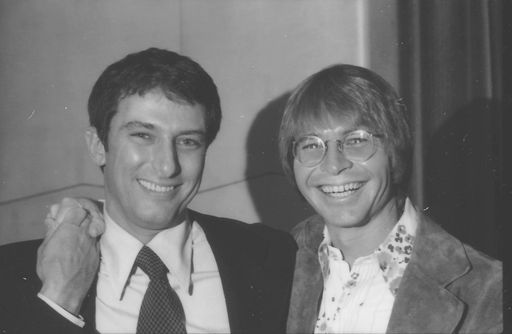
Roy Scheider
The star of The French Connection, Jaws, and All that Jazz, talked about his est training as an experience of theater: “You come to understand that within each of us is a tremendous beauty, passion, joy, and love for life; you realize that everyone is you… I’ve never had a better time in my life. I never laughed so much, I never cried so much. I was actually dazzled. I couldn’t believe that degree of intimacy could be achieved in a hotel room with 300 people… And I was one of the actors in the show. It was sensational.” (From Playboy, September 1980)
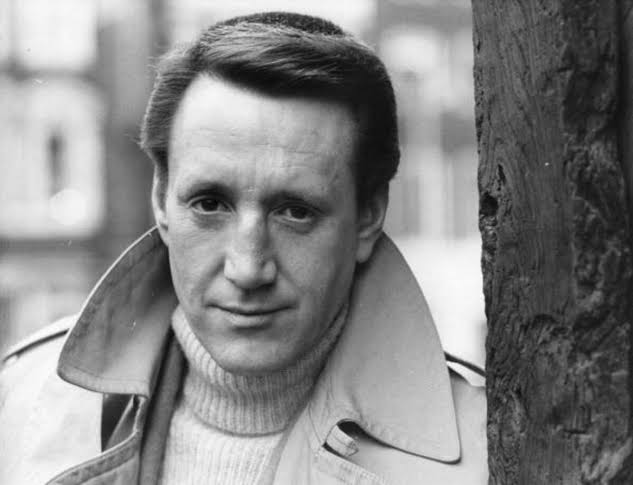
Joanne Black
“I took the training because I was looking for answers. I thought that if you had the answers, then the world would open up for you. The joke was really on me, because in the training I found out that if I could just
live with the questions, I could have the freedom to explore any possibility. Now life is a real adventure for me.” Joanne Black former senior vice president, Marketing, American Express; President, Joanne Black and Associates, Marketing Consultants.
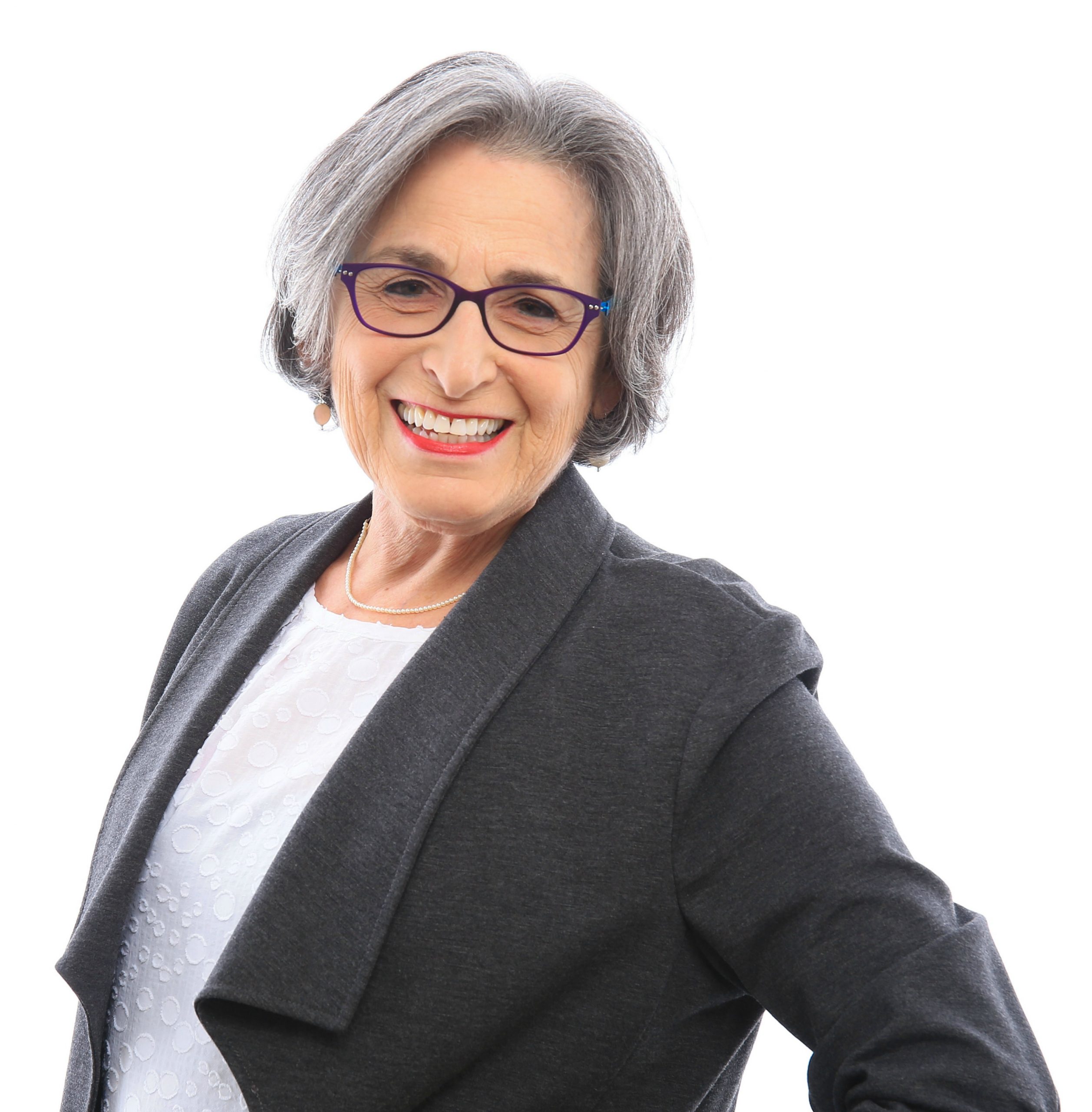
The Americans
Even now in the successful TV series, “The Americans,” est continues to show its impact. “The Americans,” a critically acclaimed TV show, prominently features the est Training in a truthful depiction of the fictional lead character and Russian spy attending est programs which allowed him to examine his past and question his purpose. The way that the show brilliantly highlights the benefits of the est Training to forward and deepen the storylines definitely shows that the writers and/or people on the production team must be est Graduates!
